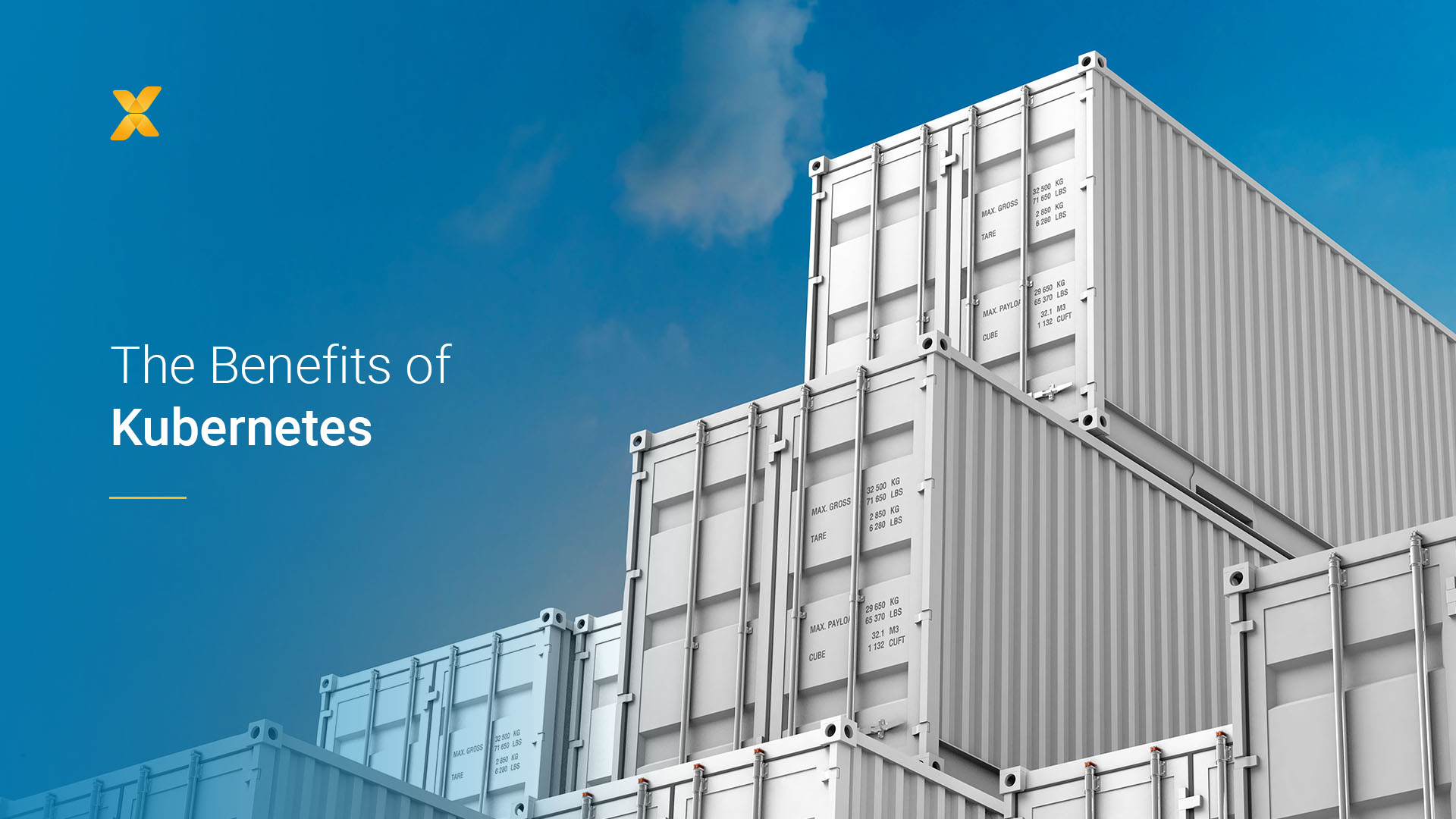In modern industries, applications of all kinds have become more and more relevant and necessary for businesses everywhere. Oftentimes, specific apps need to be developed to aid teams in communicating well and keeping their in-house operations in order. Other times, business-to-business relationships depend largely on such customized applications that allow both parties to stay in the know and maintain security in the process.
Kubernetes is an open-source container platform that enables developers to create a wide variety of apps. Here are six benefits of utilizing Kubernetes for your business’ developing needs.
1. Automation Capabilities
Kubernetes can automate the process of building containerized applications. It is an orchestration tool that can be especially useful in a microservices architecture. The deployment automation offered by Kubernetes lowers the chance of human error causing an issue, and it speeds up the deployment time by making the transfer of apps from development to production environments immediate. And because Kubernetes works with container images, it cuts down on the amount of time needed for development when compared to virtual machine images. This, again, saves time in the development process.
2. Open-Source Communities
Another great benefit of Kubernetes is that it is an open-source orchestration tool. The project is therefore always being developed and improved by a whole community of professionals who have a vested interest in making it as strong as it can be, and there are countless other app development tools that have been created to complement it. As a result of its popularity and open-source status, Kubernetes also works with just about every major cloud provider, from Amazon to Microsoft. A great example of the popularity and strength of the open-source community supporting Kubernetes is the CNCF conference called Kubecon, which provides Kubernetes developers a wide variety of resources in their use of the tool.
3. Better Organization
Kubernetes allows developers to create physical clusters of different machines that communicate with each other through APIs, and even these clusters can be broken into sub-clusters. This allows organizations to create infrastructure and microservice architecture that are both organized and customized. Kubernetes makes it easy to keep track of and periodically update or change the services that any given microservice architecture has incorporated.
4. Superior Scalability
Another great benefit of using Kubernetes is that it can automate the deployment of containers across multiple devices. It utilizes several built-in software tools to do this, namely Horizontal Pod Autoscaler, Vertical Pod Autoscaler, and Cluster Autoscaler. The auto scaling capabilities of Kubernetes make it able to increase the containers in a system when there is a sharp increase in CPU usage or another metric that has been set to trigger the scaling, and it will scale back down after the event that triggered it is over. This helps keep things efficient and save team members time and is one of the biggest reasons to find a strong Kubernetes partner who can help you incorporate it into your IT infrastructure.
5. Multi-Cloud Flexibility
Kubernetes also enables a great deal of flexibility in migrating apps to the cloud and even using multiple different cloud services. Whether your business uses AWS, Microsoft Azure, or another cloud computing platform, you can easily lift and shift your apps without making any changes to their internal coding, or you can replatform them as needed. The functionality that Kubernetes has with a variety of different cloud servers makes it especially efficient for businesses that either use multiple cloud servers or need to change their cloud server from time to time.
6. On-Premise and Cloud Functionality
Finally, Kubernetes can run its containers on both cloud and on-premise machines with ease, and this makes it especially useful for organizations that are larger and have complex IT infrastructure to handle. A version of Linux or Windows from 2016 or after will typically be able to host Kubernetes on it without any problems.
All in all, in the wide world of app development, Kubernetes is one of the best tools available for businesses everywhere to have the right platforms built for their teams to succeed. It can support both internal and business-to-business uses, and it’s more than worth it to find the right third-party consultants and developers to make it a resource for your organization.
